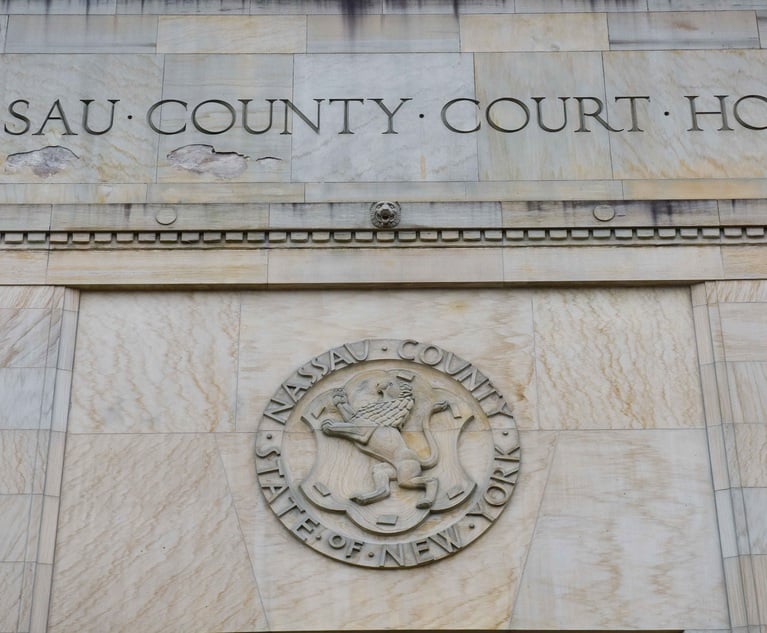 One of the basic tenets of representing a creditor is taking any steps available to establish and maintain the creditor’s priority over the debtor’s other creditors. Doing this often requires filing documents with clerks or government offices to notify third parties of the creditor’s interest. For example, a money judgment becomes a perfected lien on any New York real property owned by a judgment debtor only if the judgment is “docketed” with the clerk in the county where the real property is located. Though practitioners may understandably believe that they can rely on receipts from the clerk’s office or a filing service as proof that the client’s lien was perfected, this may not be sufficient if the clerk’s office makes an error. Therefore, when filings are critical to establishing a client’s priority, practitioners should conduct a search to confirm that those filings are properly included in the public record and effective.
One of the basic tenets of representing a creditor is taking any steps available to establish and maintain the creditor’s priority over the debtor’s other creditors. Doing this often requires filing documents with clerks or government offices to notify third parties of the creditor’s interest. For example, a money judgment becomes a perfected lien on any New York real property owned by a judgment debtor only if the judgment is “docketed” with the clerk in the county where the real property is located. Though practitioners may understandably believe that they can rely on receipts from the clerk’s office or a filing service as proof that the client’s lien was perfected, this may not be sufficient if the clerk’s office makes an error. Therefore, when filings are critical to establishing a client’s priority, practitioners should conduct a search to confirm that those filings are properly included in the public record and effective.
The consequences of skipping a confirmatory search were illustrated by Pereira v. 397 Realty LLC (In re Heavey), 549 B.R. 1 (Bankr. E.D.N.Y. 2016), in which the court allowed a bankruptcy trustee to avoid a judgment lien because of an apparent error made by the county clerk. The court ruled against the judgment creditor notwithstanding the creditor’s timely delivery of a filing to the clerk that, if docketed correctly, would have insulated the lien from attack.






